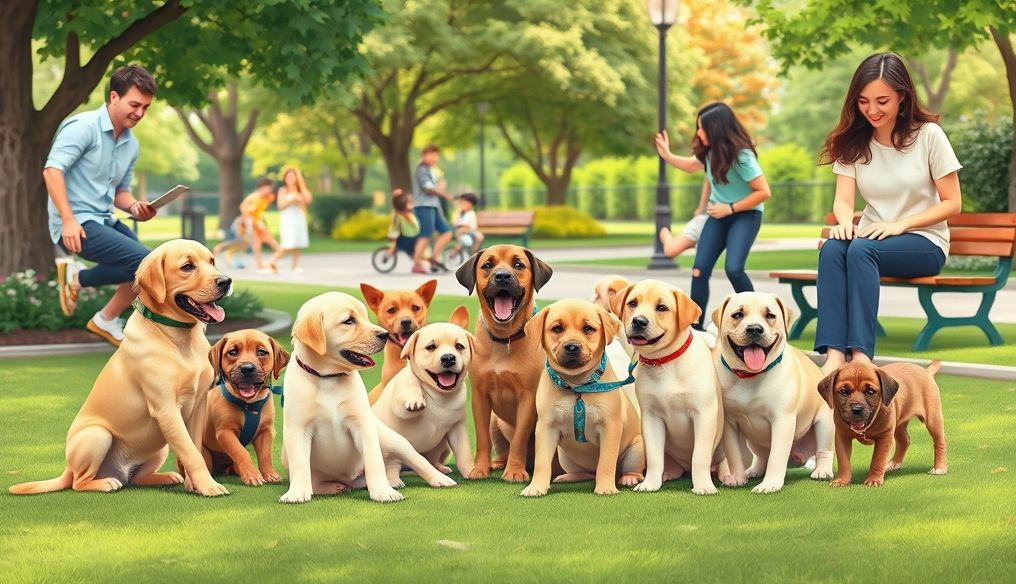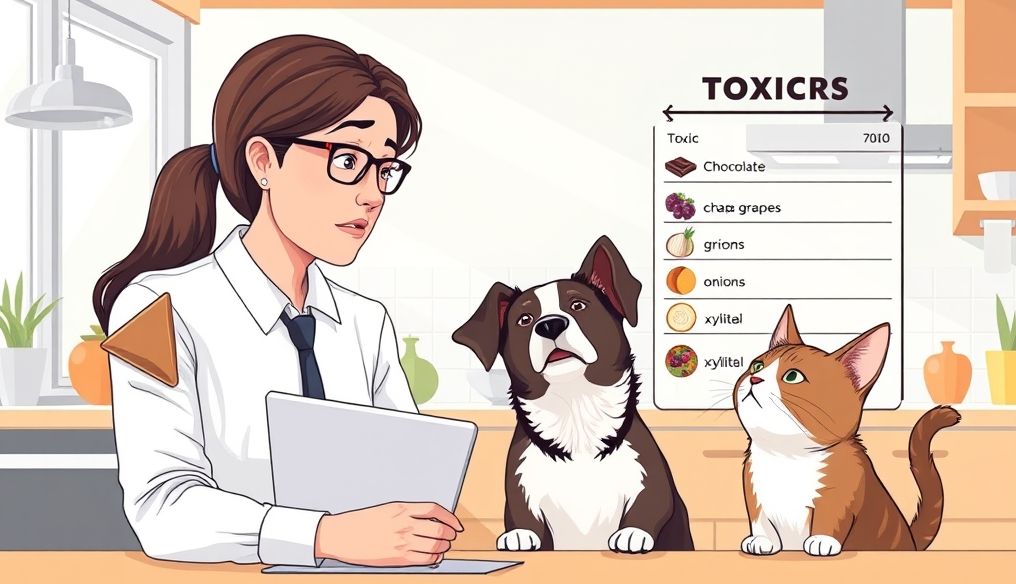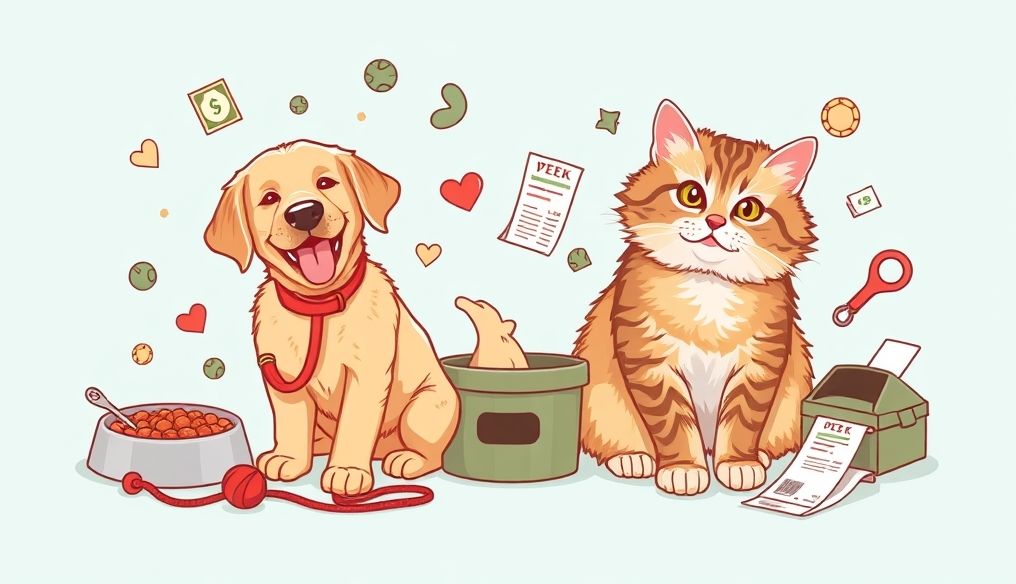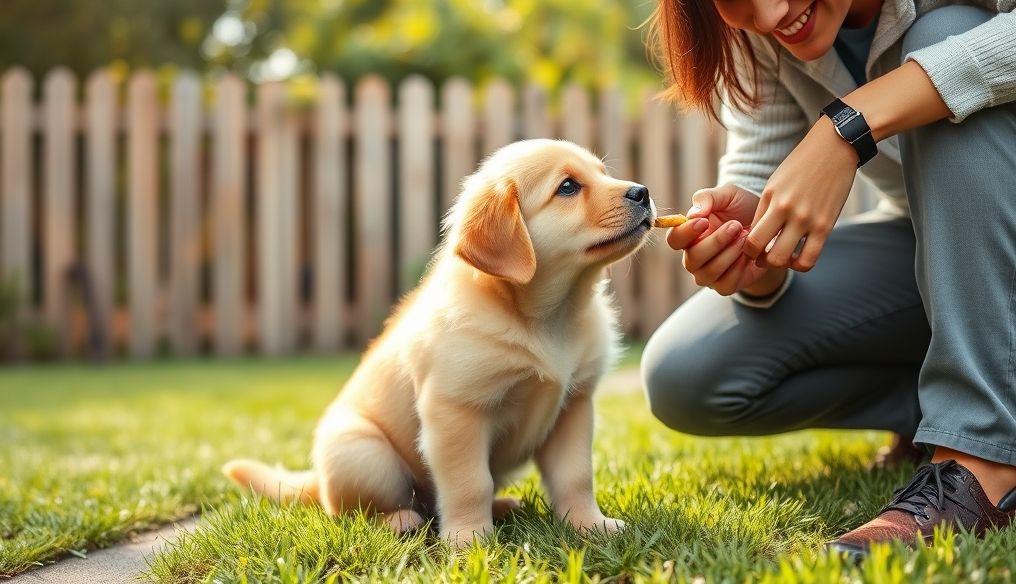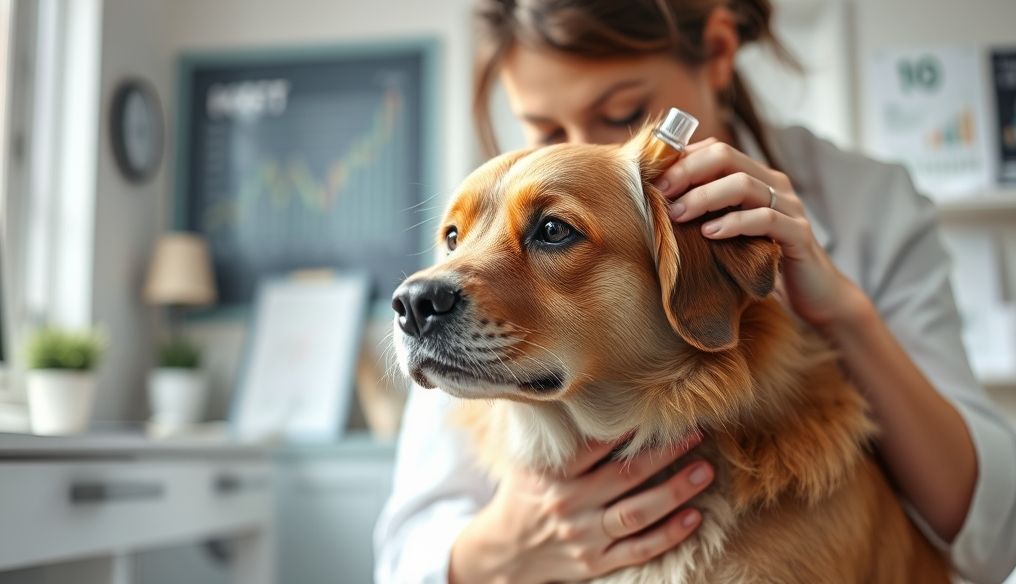Why is Socialization Important for Puppies?
Puppy socialization is the process of exposing a puppy to a wide range of stimuli, experiences, people, and other animals in a positive and controlled manner. This process is vital for the development of a puppy's behavior and the shaping of its future personality. During the critical socialization period, which typically begins around 3 weeks of age and ends around 16 weeks, puppies are most receptive to new experiences and more likely to learn how to cope with them appropriately. Failure to properly socialize a puppy during this period can lead to behavioral problems such as fear, aggression, and anxiety.
The Critical Socialization Period
The critical socialization period is a specific window of time in a puppy's life when its brain is most plastic and adaptable to new experiences. During this period, puppies are most likely to form positive associations with people, places, and things. After about 16 weeks, puppies become more wary of new experiences and may be more likely to develop fear or aggression as a reaction.
Importance of Timing: It is crucial to begin socializing your puppy as early as possible, even before they have completed their full vaccination series. Your veterinarian can provide guidance on how to balance the risk of exposure to diseases with the need for socialization.
Benefits of Proper Socialization
Proper socialization offers numerous benefits for puppies, including:
- Reduced Fear and Anxiety: Well-socialized puppies are less likely to develop fear or anxiety in response to new or unfamiliar situations.
- Improved Social Skills: Socialization helps puppies learn how to interact appropriately with other dogs, people, and other animals.
- Increased Confidence: Puppies who are exposed to a wide range of positive experiences are more likely to develop confidence.
- Reduced Behavioral Problems: Socialization can help prevent or reduce behavioral problems such as aggression, excessive barking, and destructive chewing.
- Happier and Healthier Adult Dog: Dogs that are well-socialized are more likely to live happy and healthy lives.
How to Socialize Your Puppy
There are many ways to socialize your puppy. Here are a few tips:
- Start Early: Begin socializing your puppy as early as possible, even before they have completed their full vaccination series.
- Expose Your Puppy to a Wide Range of Stimuli: Expose your puppy to different people, places, sounds, smells, and objects.
- Make Experiences Positive: Ensure that all of your puppy's experiences are positive and enjoyable. Use rewards and praise to reinforce good behavior.
- Be Patient: Socialization takes time and effort. Don't get discouraged if your puppy is initially fearful or anxious.
- Seek Professional Help: If you are having difficulty socializing your puppy, seek help from a professional dog trainer or animal behaviorist.
Important Socialization Stimuli
Here are some important stimuli to expose your puppy to during the socialization period:
- People: Expose your puppy to people of all ages, sizes, and ethnicities. Have them handle your puppy in a gentle and positive manner.
- Places: Take your puppy to different places, such as parks, stores, and sidewalks.
- Sounds: Expose your puppy to a variety of sounds, such as cars, trucks, sirens, and music.
- Smells: Expose your puppy to a variety of smells, such as food, plants, and other animals.
- Objects: Expose your puppy to a variety of objects, such as toys, chairs, and umbrellas.
- Other Animals: Expose your puppy to other dogs, cats, and other animals in a safe and controlled manner.
Suggested Socialization Schedule
This is a suggested timeline for puppy socialization. Remember this is just a guide and may need to be adjusted to fit your individual puppy's needs.
| Age (Weeks) | Activities |
|---|---|
| 3-6 | Human handling, exposure to mild sounds, play with littermates. |
| 7-12 | Short visits to public places (after vet consultation), introductions to other dogs and pets in a safe environment, exposure to a variety of sounds and vehicles. |
| 13-16 | Continued exposure to a variety of experiences, puppy training classes, positive reinforcement of good behavior. |
Common Socialization Mistakes
Here are some common mistakes that people make when socializing their puppy:
- Not Starting Early Enough: It is crucial to begin socializing your puppy as early as possible.
- Overexposure: Exposing your puppy to too many stimuli at once can be overwhelming. Start slowly and gradually increase exposure.
- Not Making Experiences Positive: Ensure that all of your puppy's experiences are positive and enjoyable. Use rewards and praise to reinforce good behavior.
- Forcing Interaction: Don't force your puppy to interact with people or other animals if they are fearful or anxious.
- Not Seeking Professional Help: If you are having difficulty socializing your puppy, seek help from a professional dog trainer or animal behaviorist.
Signs of Fear or Anxiety
It's important to be aware of the signs of fear or anxiety in your puppy. If you see your puppy exhibiting any of these signs, remove the puppy from the situation immediately.
- Tucked Tail: A tail tucked between the legs is a clear sign of fear or anxiety.
- Lip Licking: Licking the lips when not eating.
- Whale Eye: Showing a lot of the whites of the eyes.
- Trembling: Uncontrollable shaking or shivering.
- Urination or Defecation: Involuntary urination or defecation may occur due to extreme fear.
- Hiding: Attempting to hide or move away from the situation.
Socializing Adult Dogs
Although the critical socialization period ends around 16 weeks of age, it is still possible to socialize adult dogs, though it may require more patience and effort. The goal is to help the dog form positive associations with new experiences.
"Socialization isn't a one-time event, it's an ongoing process throughout a dog's life." - Animal Behavior Expert
Additional Resources
There are many resources available to help you socialize your puppy. Here are a few:
- Professional Dog Trainers: A professional dog trainer can provide personalized guidance and support.
- Animal Behaviorists: An animal behaviorist can address underlying behavioral problems.
- Dog Training Books and Articles: There are many books and articles available that provide information on puppy socialization.
- Online Websites and Forums: There are many online websites and forums where you can connect with other dog owners and share tips.
In conclusion, puppy socialization is a vital process for the development of a puppy's behavior and the shaping of its future personality. By exposing your puppy to a wide range of stimuli and experiences in a positive and controlled manner, you can help them become a confident, social, and happy adult dog.
